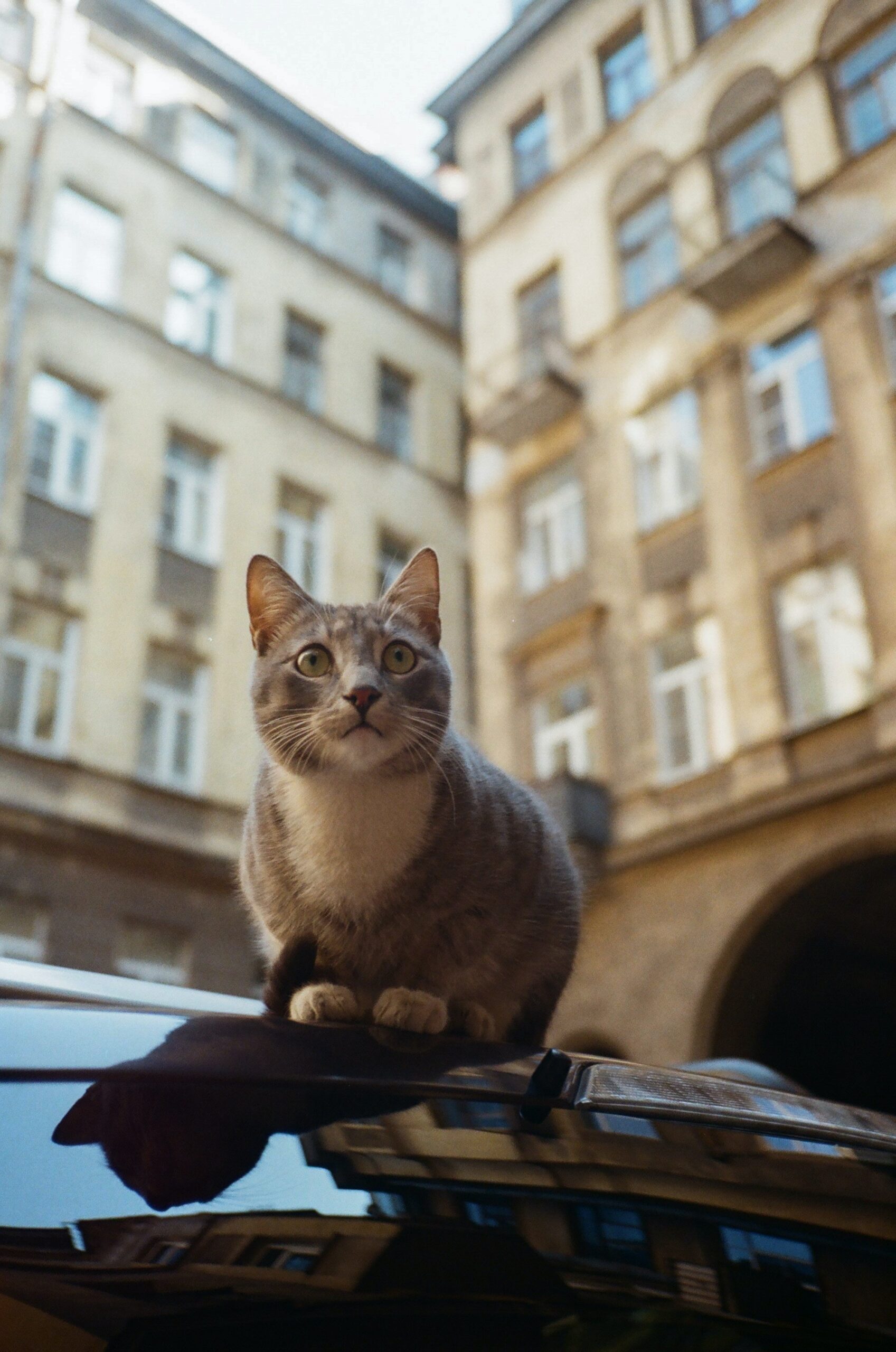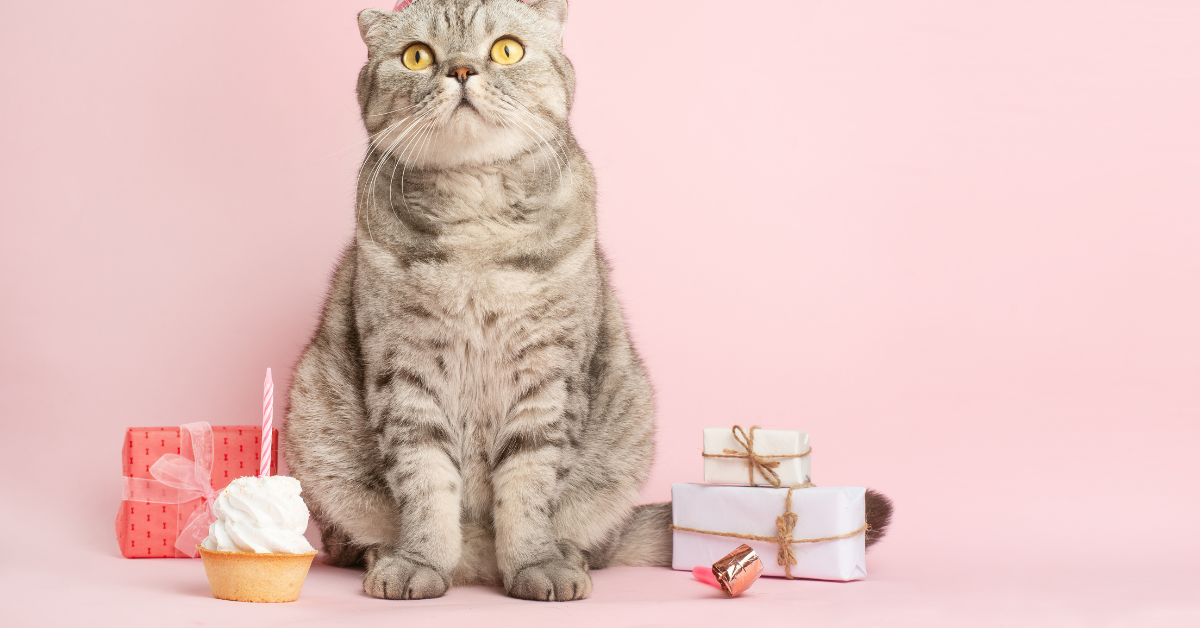


Though cats love to eat human food but have you ever wondered can cats eat cheese? Many cats love cheese, and that’s no surprise. Kittens are more likely to devour it due to its high protein and delicious cheesy flavor. If you want to know if cheese is good for your furry love or if it could harm their health, then this article is for you. We, humans, love cheese. It’s a delicious snack and might punch up nearly any meal. But if the kitty continues sniffing across the cheese board is it a bad or good idea?.
“Can cats eat cheese?” The answer to this question is yes. Cats can consume cheese, but portions must be small.
Almost every mother and father of fur babies want to know what breeds of cats can eat cheese, what is good for their pets, and what might harm them. Cheese is usually considered to be secure meals for cats; however, there are some issues, too. Cheese isn’t always a part of a whole and balanced eating regimen for cats because many cats cannot digest dairy.
In this article, you’ll learn all the pros and cons of cat’s eating cheese, what forms of cheese are safe for cats, and which of them you need to keep away from them at any cost. Ok, then let’s get started with the most important question:
Can cats eat cheese strings?
The answer is yes, but the amount matters a lot. It should be small. Generally, cats can consume cheese in mild amounts. Jenna Mahan, Director of Claims for Embrace Pet Insurance, says that — in small amounts — cheese made up of simple cow’s milk is secure for cats. In a cat’s diet, cheese isn’t a very healthy part. However, it can’t be a dangerous treat.
Quantity is a vital concern once it involves giving cheese to your cats. If you offer your cat cheese, give your cat a little amount of it.
Is cheese terrible for cats?
If you wonder can dogs and cats eat cheese? you must know that consuming excessive cheese may cause gastrointestinal (GI) problems, such as diarrhea, vomiting, nausea, bloating, and flatulence in both canines and felines.
Many people think cats love dairy, but this is one of the myths about felines. In reality, most cats are lactose-intolerant, meaning they cannot digest dairy-based products, including cheese. Cats do not produce an enzyme known as lactase, which is important for breaking down the sugars in milk (called lactose). If your cat is lactose-intolerant, she’ll show diarrhea within eight to twelve hours after consumption. Cats are obligate carnivores and need a diet rich in animal proteins and different vitamins.
Can cats eat cheese puffs?
Cheese puffs are made of heating corn dough, coating them with cheese-flavored chemical compounds. They comprise sugar, which could be horrific for cats; different chemical compounds can be dangerous. So cheese puffs aren’t accurate for cats.
Can cats eat cheese balls and onion crisps?
Crisps contain too many fats and carbohydrates, which are good energy sources. However, they contain little protein or fiber and few vitamins or minerals. This suggests that crisps or cheese balls would be considered “junk food” for cats. Definitely not something really good and healthy that you may add to your loving cats’ diets.
Can cats eat cheesecake?
The answer is no. Cheesecake is a famous dessert for humans, but not for cats. It’s too excessive in dairy merchandise and sugar, which harms the cat’s health. I would advise to not eat this delicious treat in front of your furry baby as it can raise temptation and curiosity.
Can cats eat cheese pizza?
The answer to this is, again, no. Cheese pizza is also not a good idea. It could harm your cat’s health conditions. Cheese is something not really good for your cat’s digestive system. however, you can give very tiny amount to wear off any curiosity in cats. many also raise question can Persian cats eat cheese? the answer to this question is no, Persian cats have very sensitive stomach that may get upset with even the tiniest consumption of cheese.
What would you do if your cat ate cheese?
If your cat eats a lot of cheese or dairy products and shows signs of lactose intolerance, i.e., diarrhea, vomiting, or gas, we highly recommend making an appointment with your veterinarian so that he can treat your furry love on time.

What forms of cheese can cat consume?
The molds can become the reason for digestive issues in cats in case if your cat is older or has fitness issues. However, cheeses like hard cheddar, Gouda, cream cheese, mozzarella, Swiss, string cheese, feta, cottage cheese, and parmesan are appropriate. They have much less lactose, making it less difficult for your cat to digest, but the amount should be small. For all those who ask can stray cats eat cheese, the response is yes, the metabolism and digestive system of stray cats are stronger than domestic felines.
Final words:
Do you want to know if cats can eat cheese? Being a pet parent, you must know what is good and bad for your pets. As for Pets, parents’ pets are like their children; one must know what is good for them and what might harm them. Cats can consume cheese but in small amounts. However, watch out for lactose intolerance and dairy allergic reactions that might reason negative reactions. And if to see any sign of illness, immediately contact your doctor, who can treat your cat on time.

